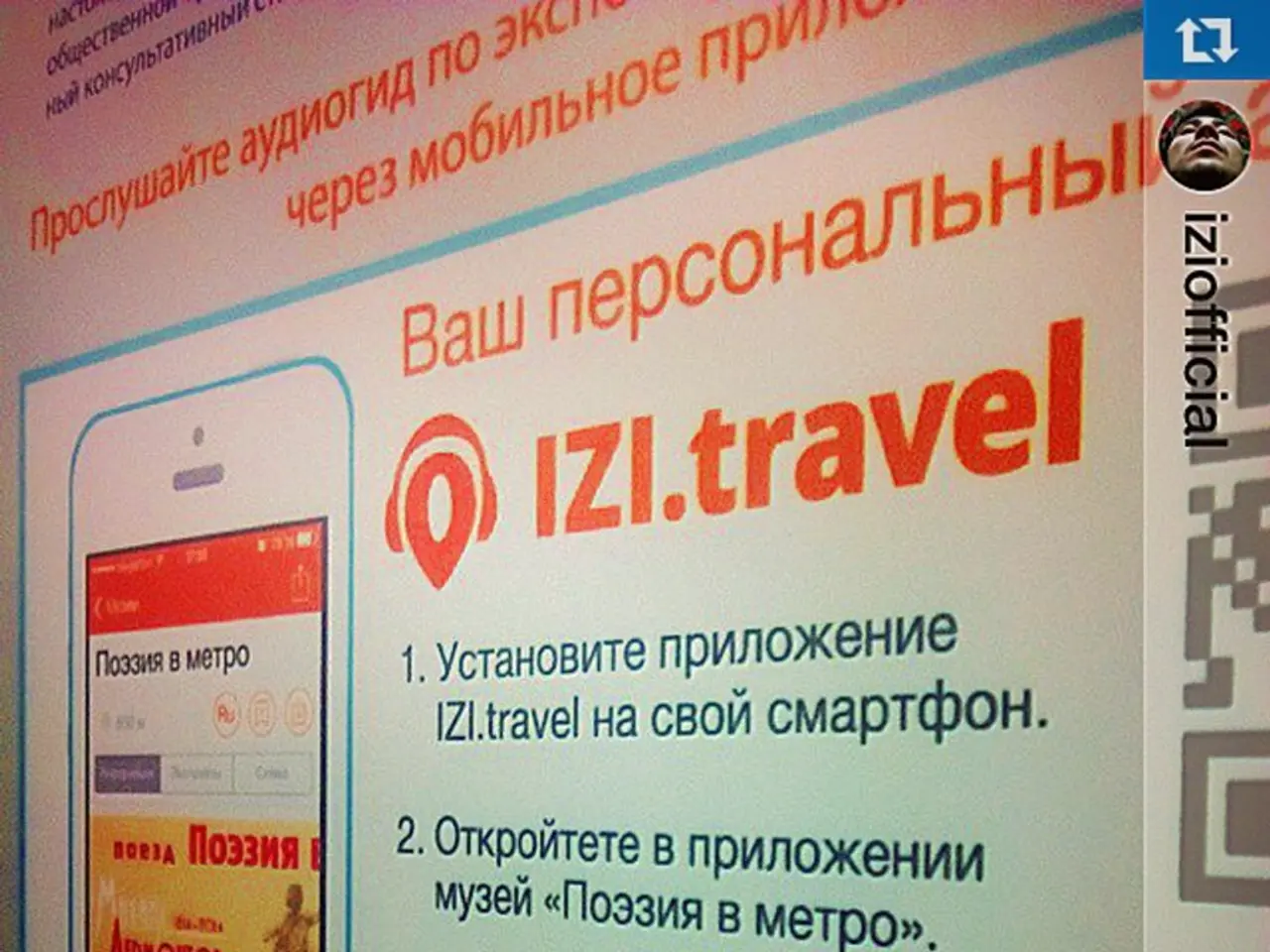Approval granted by FTC for $13.5 billion merger between Omnicom and IPG, contingent upon certain placement conditions in advertising
The Federal Trade Commission (FTC) has approved the $13.5 billion acquisition of Interpublic Group (IPG) by Omnicom Group with strict conditions designed to prevent anticompetitive coordination in the digital advertising market. The key condition prohibits Omnicom from steering advertisers away from publishers based on political or ideological viewpoints unless explicitly instructed by the advertiser.
This consent order represents a novel form of regulatory oversight in advertising by mandating viewpoint neutrality in media buying practices rather than the traditional focus on brand safety or consumer protection. Omnicom must document all exclusion decisions related to ideological content, submit detailed annual compliance reports for five years, retain all communications on advertiser instructions about ideological exclusions for five years, and allow broad FTC oversight including inspections and interviews.
The order does not define “ideological content,” raising potential issues around interpretation and enforcement consistency. It significantly expands FTC’s enforcement reach in the sector and could create a competitive disadvantage for Omnicom vis-à-vis global rivals not subject to such oversight.
This FTC approach has triggered criticism claiming it crosses constitutional boundaries by policing political speech under antitrust law, with concerns that regulating ideological bias in ad placement may constitute government interference in private speech, conflicting with First Amendment principles.
The approval of the deal is conditional, requiring the merged agency to avoid coordinating ad placements based on publishers' political or ideological viewpoints. Enforcement of the consent order will test whether behavioral remedies can effectively deter collusion without hampering legitimate, independent brand safety efforts.
Implications for the advertising industry include:
- Omnicom becoming the largest media buyer globally but with unprecedented behavioral restrictions focused on neutrality in political/ideological ad spend.
- Increased compliance costs and regulatory scrutiny for Omnicom, including record-keeping, reporting, and FTC inspections.
- Potential operational complexity in distinguishing editorial or ideological content and documenting advertiser-directed exclusions.
- A shift in antitrust enforcement from traditional market competition issues to include safeguarding public discourse diversity.
- Possible uneven competitive landscape due to regulatory burdens on Omnicom that do not apply to non-US competitors like WPP or Publicis.
In the European Union, antitrust authorities will examine the deal's cross-border ramifications. The U.K.'s Competition and Markets Authority has opened an inquiry into whether the tie-up would harm competition in media buying. The FTC's action is intended to prevent unlawful coordination that targets specific political or ideological viewpoints while preserving individual advertisers' ability to choose where their ads are placed.
Clients and publishers will watch closely to see how the "viewpoint non-coordination" rule plays out in practice. The FTC's action is a significant regulatory innovation aiming to prevent advertising market distortions rooted in political or ideological biases, with wide-reaching effects on industry compliance, media buying practices, and legal debate over the boundaries of antitrust and speech regulation in advertising.
Technology can play a crucial role in Omnicom's compliance with the FTC's conditions, particularly in documenting exclusion decisions related to ideological content and retaining communications on advertiser instructions about ideological exclusions.
The expansion of regulatory oversight in the advertising industry through technology could lead to increased transparency and accountability, potentially influencing other sectors to follow similar regulations.




